Evening Primrose Oil


What Is Evening Primrose?
The plant, native to North America, has yellow flowers that open at night. That's how it got its name. Traditionally, Native Americans used different parts of the plant, like the leaves and roots, for medicine. Evening primrose oil comes from the seeds.
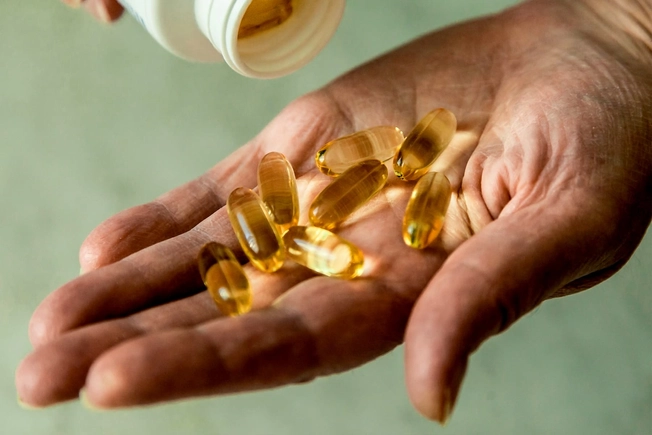
How It's Used
The oil has an omega-6 fatty acid, gamma-linolenic acid, which is also found in black currant and borage oils. It may help your body fight inflammation, among other possible effects. It's usually sold in capsule form, and you take it by mouth. People sometimes break the capsules and put the oil directly on their skin. You can also buy bottles of liquid oil.
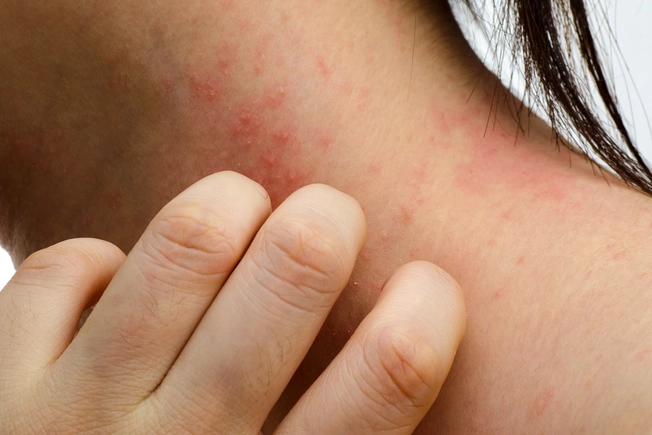
Eczema
Some people take evening primrose oil capsules to help deal with itching, dry skin, and redness from eczema. But a review of research published a few years ago found no evidence that it works. There's very little research looking at whether applying the oil directly to your skin does anything to help, either.
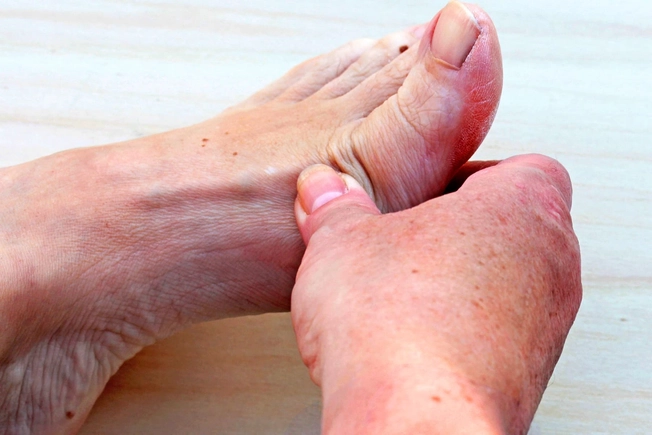
Nerve Pain
People with diabetes who've had high blood sugar levels a lot can end up with nerve damage. This causes numbness, pain, and other problems. Taking evening primrose oil supplements has been shown to ease some of these symptoms, although more research is needed.
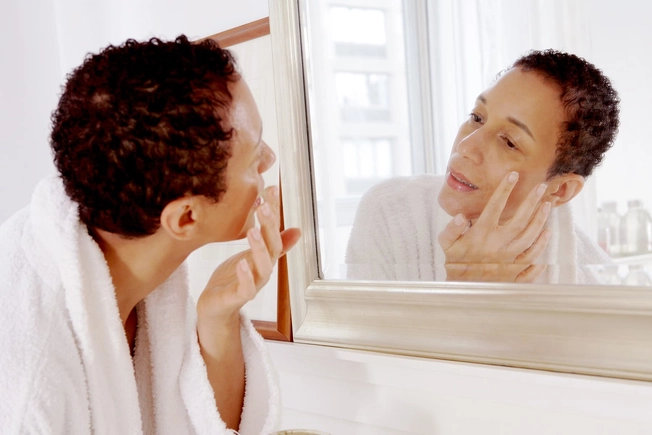
Younger-Looking Skin
There's no shortage of beauty blogs touting the anti-aging, wrinkle-fighting powers of evening primrose oil. And there are plenty of fancy face serums that use evening primrose oil, too. But very few studies have looked at how it works compared to other types of oils.

PMS
Some women take it for breast pain related to their periods, or for PMS symptoms like mood swings. But there's no compelling research that proves evening primrose oil actually does anything to help.
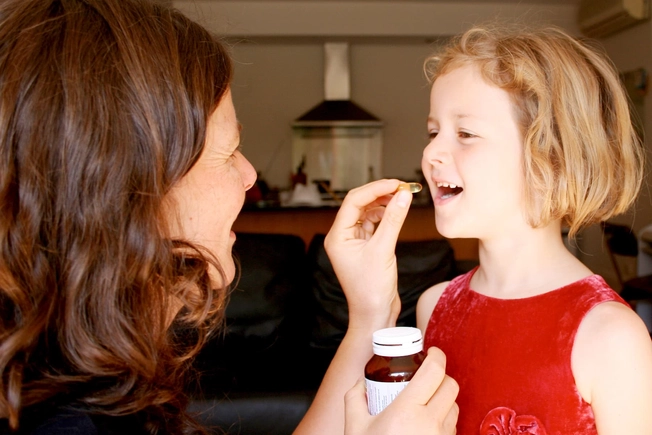
ADHD
One small study of children ages 6-12 with ADHD found that, after 6 months, kids who took evening primrose oil and fish oil were better at paying attention and acted less impulsively. It's unclear which is the one that helps or if it was the combination. And there's no other convincing research showing that evening primrose does anything to help ADHD.
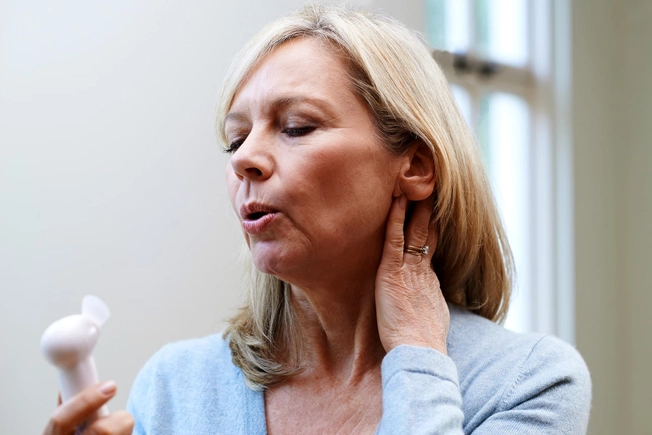
Hot Flashes
Many women say evening primrose oil helps this uncomfortable yet common part of menopause and perimenopause. The science isn't certain. One study of 56 menopausal women concluded that evening primrose oil "offers no benefit," although another trial with the same number of women found that evening primrose oil makes hot flashes less intense.

Osteoporosis
Several small studies have looked into whether taking evening primrose oil, fish oil, and calcium together could help slow down bone loss. The results have been mixed, so we can't recommend it.
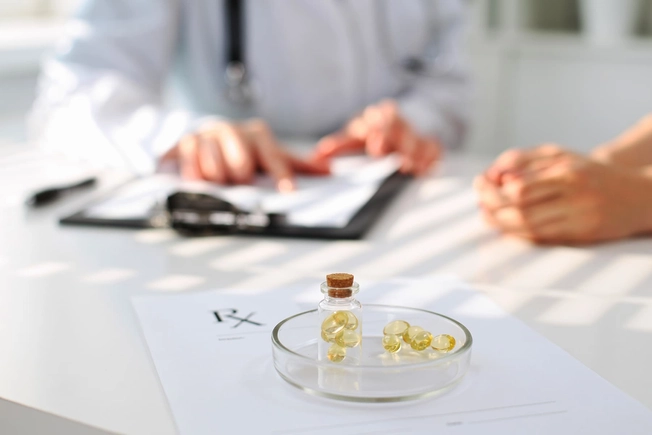
Side Effects
You might get headaches and an upset stomach, usually mild. Recommended doses of evening primrose oil are probably safe for most people to take for a little while, perhaps 6 months or less. We don't know what happens when you take it for a long time. You should ask your doctor before you start using a supplement.

Who Shouldn't Take It
Pregnant women probably shouldn't take evening primrose oil because there's a chance it might cause labor and delivery complications. If you're going to have surgery, you should stop taking it at least 2 weeks before to avoid increased bleeding. People with epilepsy, schizophrenia, and who are getting anesthesia and take it are more likely to have a seizure.
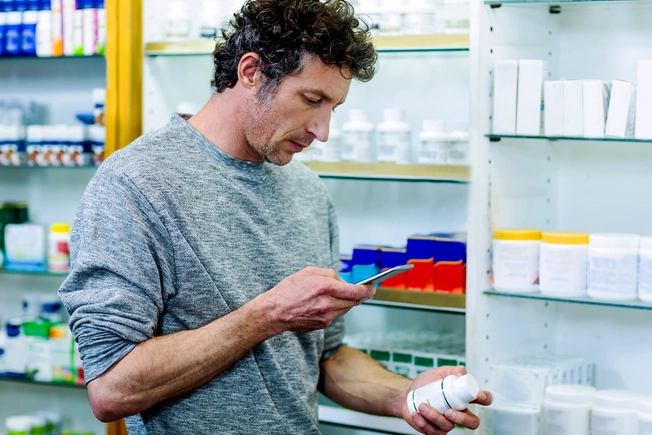
Drug Interactions
Evening primrose oil doesn't play well with some medications. Avoid it if you're taking blood thinners like warfarin. Medicines like lovastatin (Altoprev, Mevacor) for high cholesterol may not work right. Certain HIV medications and drugs that treat serious mental and emotional disorders also interact with evening primrose oil. Check with your pharmacist or doctor to be sure it's OK for you.